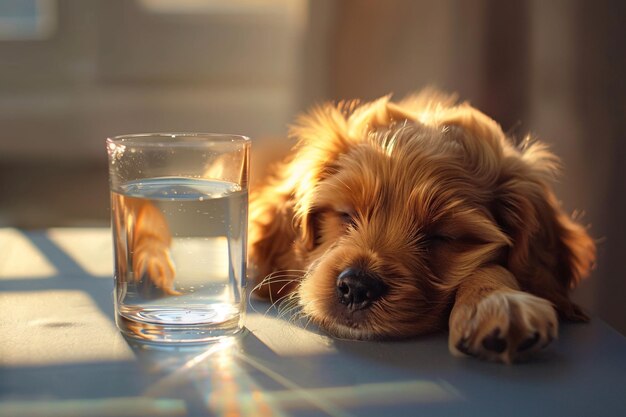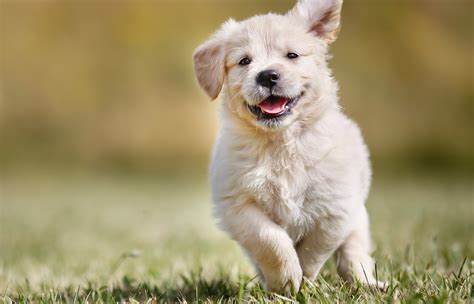The Role of Hydration in Pet Health

Pets' general health and wellbeing depend greatly on their ability to stay hydrated. Pets' bodies require enough water to maintain a variety of processes, just as our own. For the sake of your pet's health and to avoid a host of possible problems, make sure they drink enough water. This article examines the symptoms of dehydration in pets, the significance of maintaining proper hydration for them, and advice on how to do so.
Why Hydration is Essential for Pets
Water is essential for a variety of biological processes, such as:
1) Regulating Body Temperature
Pets utilize water to control their body temperature, particularly dogs and cats. For example, dogs pant to reduce body temperature, which causes evaporation and subsequent loss of water. Making sure they drink enough water helps them stay cool and avoids overheating.
2) Supporting Digestion
Water facilitates the breakdown and absorption of nutrients during digestion. Moreover, it facilitates the passage of waste through the digestive system, avoiding constipation and encouraging frequent bowel motions.
3) Lubricating Joints
Pets, especially the elderly, need to drink enough water to keep their joints lubricated since it makes mobility easier and lowers the chance of joint problems.
4) Maintaining Healthy Skin and Coat
Water is necessary to keep your coat shining and your skin healthy. Your pet is more affected to skin disorders due to dehydration, which can cause dry, flaky skin and a dull coat.
5) Supporting Kidney Function
As it aids in the body's removal of waste materials and poisons, enough hydration is essential for kidney function. Kidney stones and urinary tract infections, both of which can be uncomfortable and even dangerous, can result from dehydration.
Signs of Dehydration in Pets
It is critical to understand the symptoms of dehydration in pets for their wellbeing. Typical symptoms consist of:
- Dry Nose and Gums: One sign of dehydration is sticky, dry gums and a dry, dry nose.
- Lethargy: Pets that are dehydrated may seem exhausted, have little energy, and behave less than normal.
- Sunken Eyes: A severe case of dehydration may indicate sunken eyes, which need to be treated right once.
- Loss of Appetite: Pets that are dehydrated frequently become drowsy and may even refuse food.
- Reduced Skin Elasticity: If your pet's skin does not bounce back immediately after you gently pinch it, they can be dehydrated.
Tips for Keeping Pets Hydrated
Here is some useful advice to make sure your pets get enough water:
1) Provide Fresh Water Daily
Make sure your pets are always provided with fresh, clean water. To avoid germ buildup, refill their water bowls every day and give them regular cleanings.
2) Use Multiple Water Stations
If your home is huge or has numerous floors, place water bowls in various areas of the house. Pets can now locate water more easily, wherever they are.
3) Encourage Drinking
Add some ice cubes to your pet's water bowl or use a pet water fountain to encourage them to drink more water—both of which can make drinking more enticing.
4) Wet Food Options
Provide wet food to your pet as part of their diet. Compared to dry kibble, wet food has a higher moisture content, which may help them drink more water overall.
5) Monitor Water Intake
Observe how much water your dogs are consuming. Get in touch with your veterinarian if you observe a noticeable drop in their water intake.
6) Hydration During Exercise
When exercising, especially in warmer weather, make sure your pets are properly hydrated. If you take your pet on walks or other outdoor activities, always have a portable water bottle and bowl with you.
7) Consult Your Veterinarian
See your veterinarian if your pet exhibits symptoms of dehydration or if you have concerns about their hydration. They are qualified to offer advice and suggest suitable courses of action.
Never undervalue the importance of hydration for your pet's wellbeing. You can contribute to the health and happiness of your dogs by making sure they have access to clean water and keeping an eye on their fluid levels. Recall that hydrated pets are healthy pets!



